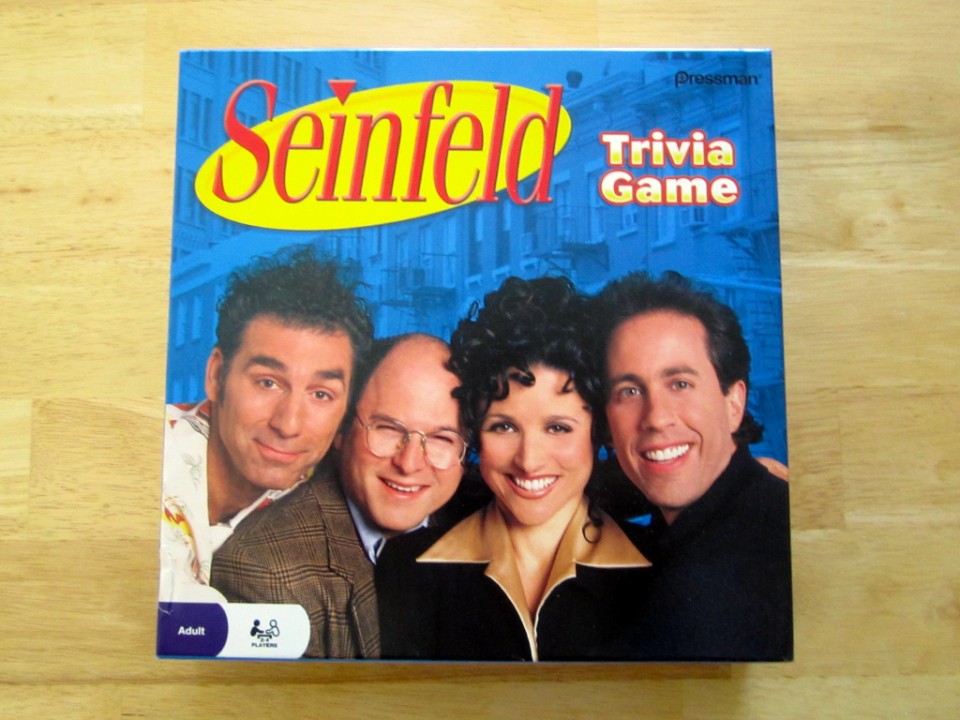

Costanza was trapped in a cyclical life of pain and suffering, too dysfunctional and purposeless to stay alive but too fearful and phobic to kill himself.
SEINFELD THE BIG SALAD CAST CRACK
A mixture of the two create a nasty crack of bone.Īnd while “Lord of the Idiots” George Costanza may be the polar opposite to the articulate Alexander (who’s more like when George abstains from sex), there’s a tragedy that congrues the two. It’s only aggravated by the fact he was probably the most naturally talented and capable actor in the cast – a fact harshly neglected by the Emmys with seven ignominious snubs throughout the show’s run. He’s worked little since Seinfeld ended, a perpetual resignation to the cruel nature of typecasting. We were witnessing something not necessarily unprecedented, but something never seen on such a prodigious scale not victims of failure, but victims of global, astronomical success.Īnd Jason Alexander is the paragon – the exemplar – the epitome – the embodiment – of self-defeating conquest.

After the sitcom came to its controversial end, critics quickly pronounced the cast’s favouring fortunes as the ‘Seinfeld Curse’. But, as they say, with great power comes great responsibility.Īnd perhaps the so-famed “show about nothing” has not treated its so dexterous ensemble so tastefully. The drug of Seinfeld was quickly valued higher than cocaine, fermenting popular culture with a subversive tangent of drollery, capturing the ethos of its time.īut. The whole show was a love letter to a caffeine-fuelled New York, a big steaming bouillon of irritation – after all, the root of all comedy is indignation. It was a sardonic narcotic like no other: dovetailed plot lines birthed from some of television’s greatest and most disturbed writers misanthropic characters intent on questioning their most trivial confines and detached, dead-on humour that revelled in depravity. Seinfeld blessed us with nine years of comedy gold.


 0 kommentar(er)
0 kommentar(er)
